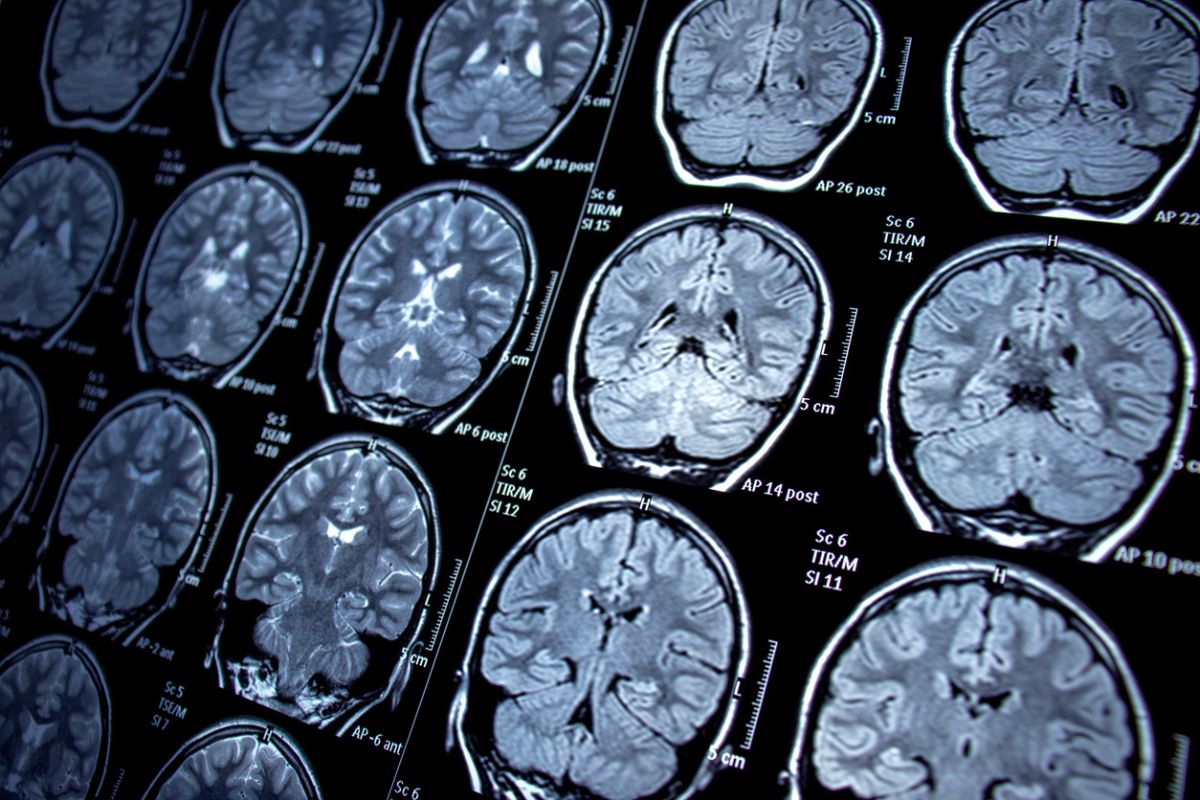More than 20 years later, we’re still picking up the pieces from the 9/11 terrorist attacks.
Most recently, researchers have been amassing evidence that first responders at the World Trade Center site have struggled with brain health issues. The latest documentation of this comes from a new study out of New York’s Stony Brook University.
Stony Brook researchers – drawn from multiple disciplines – combed through the records of more than 5,000 World Trade Center first responders. And they appear to have uncovered evidence that “those who had more exposures to WTC-related toxins have dementia at a higher rate than other responders with fewer WTC-related toxic exposures.”
Methodology
For more than eight years – between November 2014 and January 2023 – the university research team assessed patients from the Stony Brook WTC Health and Wellness Program for signs of dementia. When the researchers started, the average age of the participants was 53 years old.
The researchers, led by Sean Clouston, professor in the Program in Public Health and the Department of Family, Population, and Preventive Medicine in the Renaissance School of Medicine at Stony Brook University, wanted to find out if there was a link between occupational exposures in the aftermath of the World Trade Center attacks and dementia rates before the age of 65.
By the time they wrapped up their evaluations, the researchers had found that “228 responders without dementia and under 60 years old at the start of the study developed dementia over the next five years.” That works out to 4.6 percent of ground zero first responders.
By comparison, the team added that among the country’s under-60 population, the incidence of early-onset dementia would be roughly 0.5 percent.
Explaining Dementia Risk
“This rate of dementia in those reporting many exposures and limited protection is not only statistically significant, [but it is also] alarming for a patient cohort that clearly shows a strong association between exposure and the incidence of dementia under the age of 65,” Clouston said in a press release. “Also, the rates remained statistically significant over the less exposed group even after adjusting for social, medical, and demographic factors.”
Clouston added that among responders who reported no exposures or those who wore personalized protective equipment, about five to six out of every 1,000 responders went on to develop dementia each year.
But for those on-site – and without PPE – the dementia incidence rates reached 42.36 per 1,000.
Co-author Benjamin Luft, MD, director of the Stony Brook WTC Health and Wellness Program, has spent the last 20 years following the health of 9/11 first responders.
“These findings are a major step forward in establishing that the dust and toxins, which were released as a result of the calamitous terrorist attacks on 9/11, continue to have devastating consequences on the responders,” Luft explained. “The full extent of neurodegenerative disease still needs to be determined.”
Diagnosing Dementia
The researchers assessed dementia with an algorithm that calculated “the presence of new-onset cognitive impairment in individuals across two domains of cognitive functioning — episodic memory and executive function.” Research staff evaluated cognitive performance using the Montreal Cognitive Assessment while relying on alternative versions to mitigate test bias. Mental health professionals weighed in with a standard scoring protocol to measure global cognitive performance.
Finally, the researchers assessed toxic exposure severity based on each individual’s responses to an exhaustive questionnaire of ground zero environmental exposure. The team assigned exposure levels to five categories, from low to severe.
Further Reading
FDA Panel Endorses New Alzheimer’s Drug



